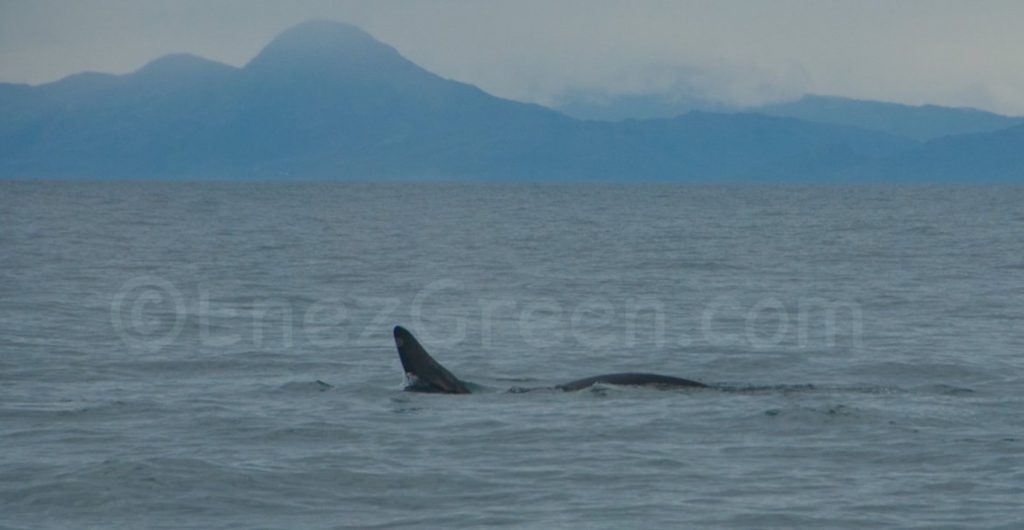Pilot whales were stranded on the sand in the Kyle of Durness, Scotland, following a series of controlled nearby underwater bomb explosions
Four large bombs exploded underwater by the Royal Navy were to blame for a mass stranding which killed 19 pilot whales on the north coast of Scotland in 2011, government scientists have concluded.
A long-delayed report recently released by the Department for Environment Food and Rural Affairs says that the noise from the explosions could have damaged the hearing and navigational abilities of the whales, causing them to beach and die.
On 22 July 2011, 70 long-finned pilot whales swam into the Kyle of Durness, a shallow tidal inlet east of Cape Wrath, Europe’s largest live bombing range. Despite attempts to herd them back out to sea, 39 were left stranded by the tide.
Concerted efforts by expert teams and local people managed to refloat 20, but 19 ended up dead. It was one of the largest mass strandings in recent years, and it prompted a government-funded investigation by 12 scientists from laboratories across the UK.
The noise from the explosions could have damaged the hearing and navigational abilities of the whales
Their report reveals that three 1,000-pound bombs were detonated in the sea nearby by the Royal Navy’s Northern Diving Group in the 24 hours before the whales were stranded. A fourth 250-pound bomb was exploded after stranding began.
The bombs were left over from military exercises in which planes target Garvie Island, a small rocky outcrop 4.5km from the Kyle of Durness. Some bombs miss the island, fail to detonate and sink to the seabed, where they have to be located and disposed of for safety reasons.
“The magnitude, frequency and proximity of the multiple detonations in the day prior to the stranding, and the single high-order detonation shortly after the beginning of the mass stranding, were plausible sources of significant disturbance to any neighbouring marine mammals,” the report says.



